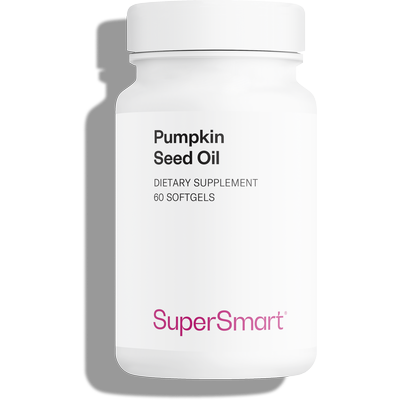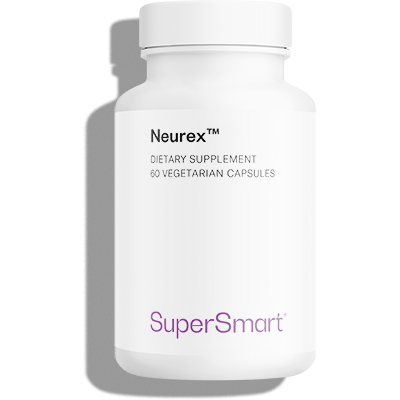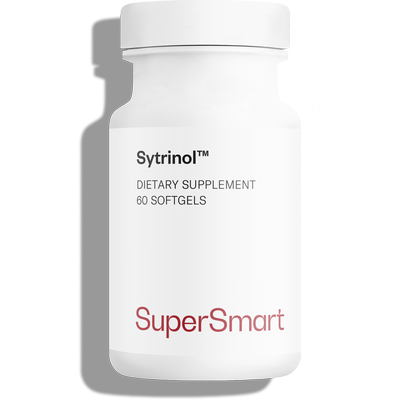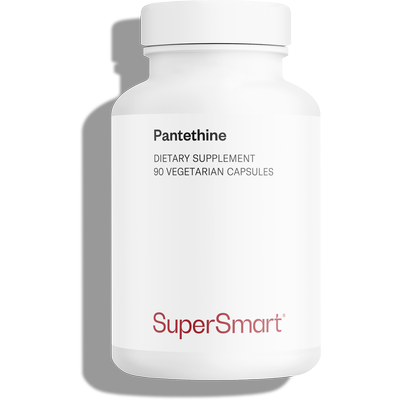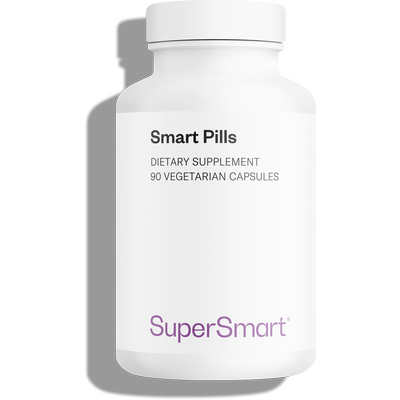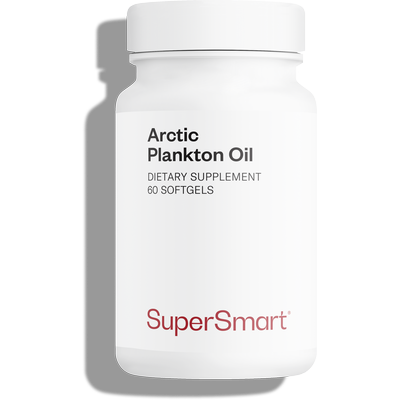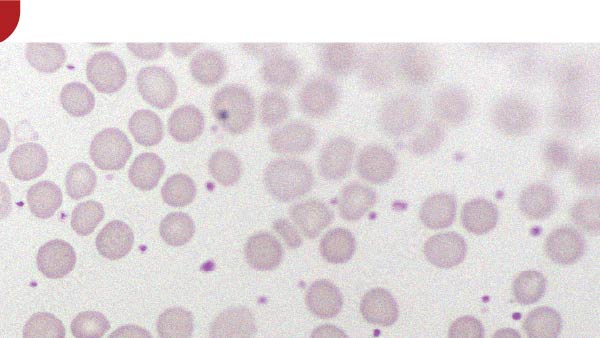Saturated fatty acids: good or bad for your health?
For 60 years, Western health authorities have recommended reducing our consumption of saturated fats. But what does current scientific research have to say about their actual effects on health?
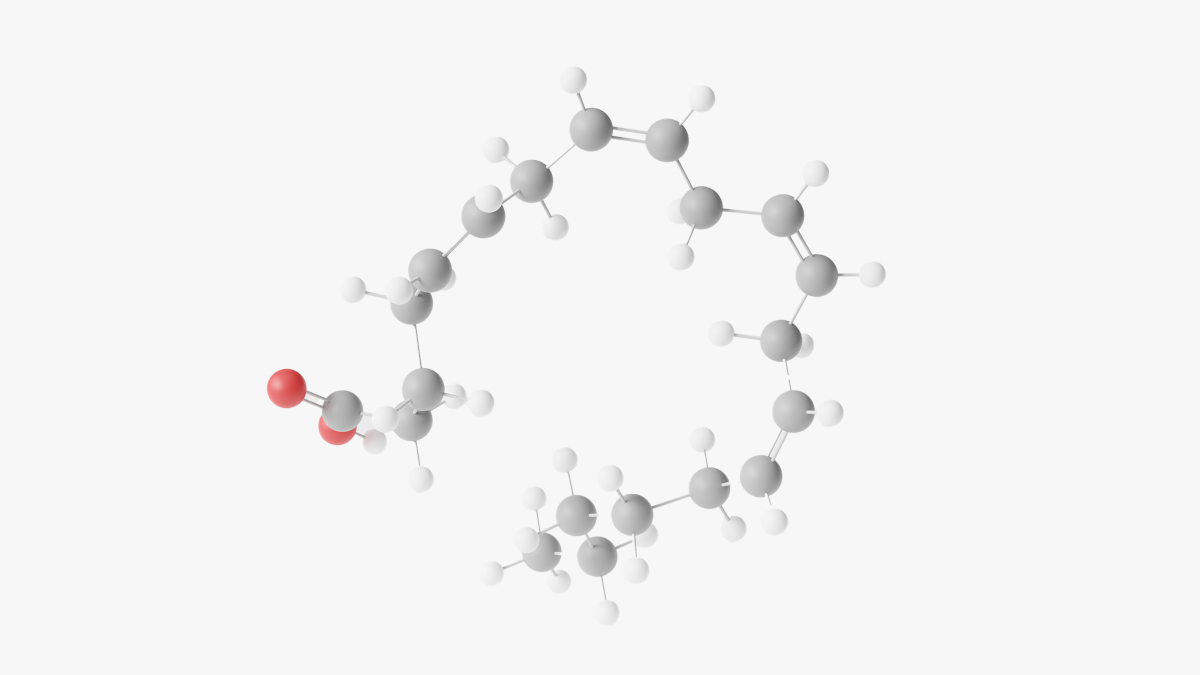
Saturated and unsaturated fatty acids: an overview of lipids
Saturated fatty acids: definition
Fatty acids are part of the family of lipids. They are formed from a chain of carbon atoms attached to hydrogen atoms, completed by a carboxylic acid group (-COOH).
In chemical terms, a fatty acid is referred to as saturated if it has the maximum number of hydrogen atoms attached to every carbon atom, in other words, if it is saturated with hydrogen atoms (1).
That’s what makes a saturated fatty acid different from an unsaturated one; the latter is not saturated in hydrogen because of the presence of carbon-carbon double bonds in its structure.
Fatty acids that only contain one carbon-carbon double bond are known as monounsaturated; those containing several are polyunsaturated.
Which foods contain saturated fatty acids?
Though not considered essential because the body can synthesise them, saturated fatty acids are nevertheless necessary for health and are found in their natural state in a wide range of foods (2).
They are present at low levels, for example, in sunflower and olive oils (around 10%-13%), and make up almost all the fatty acids in coconut oil.
However, it’s primarily in animal-source products, specifically animal fats, where we find saturated fatty acids. They represent 20%-35% of the lipids in fish and poultry, and 30%-45% of those in pork and beef. Lard, for example, obtained from the fatty tissue of pigs, is known to contain a high proportion of saturated fats.
Dairy products (butter, cheese …) contain 60%-65% saturated fatty acids, because cow’s milk (like human breast milk) contains a significant proportion of saturated fatty acids. (3).
Unsaturated fatty acids: dietary sources
Unsaturated fatty acids are predominantly found in nuts and oilseeds (walnuts, peanuts, sesame seeds, etc.), soya, vegetable oils other than coconut and palm oil, as well as oily fish (salmon, sardines, mackerel, etc.) (4).
To capitalise on their health benefits, many people choose sources rich in omega-3 fatty acids, such as Calanus oil, a nutritional gem from the Arctic, rich in EPA and DHA which support healthy heart function. Pumpkin seed oil meanwhile, contains high levels of polyunsaturated fatty acids such as oleic and linoleic acids.
Saturated fatty acids: healthy or unhealthy?
Saturated fatty acids and cholesterol: differing views on the effects
Since the 1960s, many studies have shown a correlation between consumption of saturated fatty acids and increased cholesterol levels, particularly the LDL form known as ‘bad cholesterol’ (5-6).
It has already been widely demonstrated that an increase in the proportion of LDL in total cholesterol, ie, that which also includes the HDL form, promotes the onset of cardiovascular disease (7).
However, this is still a controversial point. Other studies suggest that while saturated fatty acids do indeed increase levels of LDL cholesterol, they do the same to HDL levels. Hence the proportion of LDL cholesterol stays the same and it’s therefore possible that these fatty acids carry no risk to health (8).
What’s more, it seems that the increase in LDL (low-density lipoproteins) promoted by saturated fatty applies only to those with a large particle size, which are not associated with an elevated risk of cardiovascular disease. Thus, far from being unhealthy, dark chocolate - rich in saturated fatty acids - is actually good for cardiovascular health (9)!
That’s not to say, however, that you should feel free to eat as much saturated fat as you like. Foods high in saturated fat are more calorific and may promote weight gain, which is indeed a risk factor for cardiovascular disease, hence the importance of maintaining a good balance in your consumption of fats. After all, we know that Mediterranean and Asian diets offer proven health benefits.
Further studies are needed to test these various theories. It’s also worth noting that black garlic is recognised as an effective natural remedy for combatting cholesterol and promoting good cardiovascular health (it can be found in the supplement Organic ABG10+, standardised to 0.1% S-allyl-cysteine, the active ingredient in black garlic). Some people also choose to take vitamin B5 (especially in its patented form Pantethine) or statin substitutes (such as Sytrinol).
Saturated fatty acids and concentration
On the ‘minus’ side, a number of studies have consistently shown that there are immediate effects from consuming saturated fatty acids on concentration, reaction times and function of the dopaminergic system (10-11).
Not only does a diet high in saturated fatty acidsimpair cognitive ability, but it also significantly diminishes dopaminergic function, causing the brain to compensate, and reinforcing reward-seeking behaviour. Researchers have concluded that a diet high in saturated fatty acids harms the brain circuits directly related to mood disorders, substance abuse and over-eating.
It’s therefore not quite for the reasons cited over the last 60 years that we should reduce our consumption of saturated fatty acids, but more particularly, for the purposes of maintaining brain health and positive mood.
As well as monitoring your diet, you also have the option of taking dietary supplements targeted at cognitive health and performance (such as Neurex and Smart Pills).
SUPERSMART ADVICE
References
- RALSTON, A. W. et HOERR, C. W. The solubilities of the normal saturated fatty acids. The Journal of Organic Chemistry, 1942, vol. 7, no 6, p. 546-555.
- LIST, G. R. Decreasing trans and saturated fatty acid content in food oils.
- MARKIEWICZ-KĘSZYCKA, Maria, CZYŻAK-RUNOWSKA, Grażyna, LIPIŃSKA, Paulina, et al.Fatty acid profile of milk-a review. Journal of Veterinary Research, 2013, vol. 57, no 2, p. 135-139.
- ROCHE, Helen M. Unsaturated fatty acids. Proceedings of the Nutrition Society, 1999, vol. 58, no 2, p. 397-401.
- BRIGGS, Michelle A., PETERSEN, Kristina S., et KRIS-ETHERTON, Penny M. Saturated fatty acids and cardiovascular disease: replacements for saturated fat to reduce cardiovascular risk. In : Healthcare. MDPI, 2017. p. 29.
- HUNTER, J. Edward, ZHANG, Jun, et KRIS-ETHERTON, Penny M. Cardiovascular disease risk of dietary stearic acid compared with trans, other saturated, and unsaturated fatty acids: a systematic review. The American journal of clinical nutrition, 2010, vol. 91, no 1, p. 46-63.
- CROMWELL, William C., OTVOS, James D., KEYES, Michelle J., et al.LDL particle number and risk of future cardiovascular disease in the Framingham Offspring Study—implications for LDL management. Journal of clinical lipidology, 2007, vol. 1, no 6, p. 583-592.
- SIRI-TARINO, Patty W., SUN, Qi, HU, Frank B., et al.Meta-analysis of prospective cohort studies evaluating the association of saturated fat with cardiovascular disease. The American journal of clinical nutrition, 2010, vol. 91, no 3, p. 535-546.
- HIRAYAMA, Satoshi et MIIDA, Takashi. Small dense LDL: an emerging risk factor for cardiovascular disease. Clinica Chimica Acta, 2012, vol. 414, p. 215-224.
- MADISON, Annelise A., BELURY, Martha A., ANDRIDGE, Rebecca, et al.Afternoon distraction: a high-saturated-fat meal and endotoxemia impact postmeal attention in a randomized crossover trial. The American Journal of Clinical Nutrition, 2020, vol. 111, no 6, p. 1150-1158.
- HRYHORCZUK, Cecile, FLOREA, Marc, RODAROS, Demetra, et al.Dampened mesolimbic dopamine function and signaling by saturated but not monounsaturated dietary lipids. Neuropsychopharmacology, 2016, vol. 41, no 3, p. 811-821.
Keywords
11 Minutes
The delivery was fast and the product…
The delivery was fast and the product is great
SOMMARIVA Gianni
1 Days
Great service and lots of information
Great service and lots of information
Gabi
4 Days
Service Satisfaction
I’m satisfied with the service; it fulfilled what it set out to do.
Anfhony Abreu
7 Days
Original product and fast delivery
Original product and fast delivery. I haven't started it yet, but will do soon.
Vincenza Catania
9 Days
Good quality
Good quality. Good service.
Leonel Guzman
11 Days
Top!!!!!!!!
Top!!!!!!!!
Michael
13 Days
Excellent!
Products are great and delivered fast!
PARDINI Debora
14 Days
From order to receive the product
From order to receive the product, the process is smooth & fast. It’s good to customers.
WONG Mei Ling
15 Days
Fast delivery
very quick delivery to italy. product is good.
Customer
16 Days
Prompt delivry !!👍
Prompt delivry !!👍
SWEET Christine
17 Days
Good delivery and flawless quality
AS far as delivery and the visual quality are concerned, Supersmart is excellent. I will not comment on the efficacy of the products themselves, since that is only possible over a longer period and in a large customer base compared to people who do not consume a particular product.
Roger De Backer
18 Days
Perfect services
Perfect services, perfect support, great articles about products
Michaela Alali Beitlová
18 Days
Great experience and effective supplements
I’ve purchased many types of supplements from this company over the course of years to treat a few issues, and I’m satisfied with their quality. After using them consistently for a period of time, I can say they met my expectations and I could feel real health benefits that built up over time. Deliveries are always quick. I recommend this company to anyone looking for high-quality supplements.
Giordano
19 Days
Es hat alles gestimmt
Es hat alles gestimmt. Top
marina thieme
22 Days
Great product
Great product, but still evaluating its effectiveness. Highly recommended. Super efficient delivery.
Chalise
of experience
your money back
##montant## purchase

